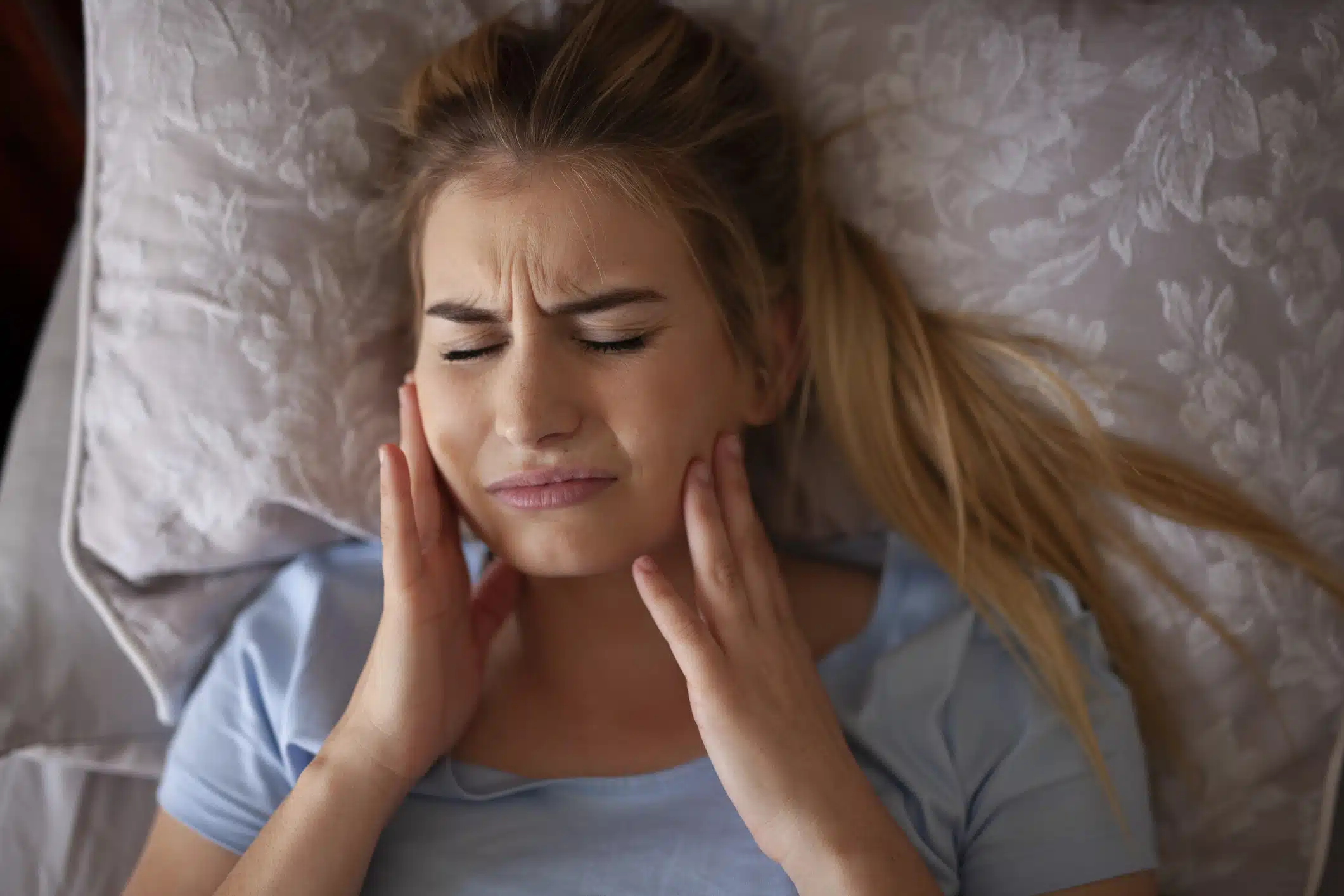Introduction
Teeth grinding, also known as bruxism, is a common issue that affects people of all ages. Beaches Dental Mona Vale is dedicated to helping you understand the causes, symptoms, and treatment options for teeth grinding, so you can protect your oral health and enjoy a healthy smile. In this article, we’ll explore what teeth grinding is, its causes, how to identify it, and how to manage or treat it effectively.
What is Teeth Grinding?
Teeth grinding, or bruxism is the involuntary clenching, grinding, or gnashing of teeth. It can occur during the day, but it’s most commonly experienced at night while sleeping. This nighttime grinding is known as sleep bruxism. Occasional teeth grinding is generally not harmful, but frequent and severe cases may lead to various dental and jaw issues.
Causes of Teeth Grinding
There are several factors that can contribute to teeth grinding, including:
Stress and Anxiety
One of the leading causes of teeth grinding is stress and anxiety. High levels of emotional stress can manifest physically, causing you to clench or grind your teeth unconsciously.
Sleep Disorders
Sleep disorders, such as sleep apnea, can cause disruptions in breathing patterns during sleep, leading to teeth grinding as a response to these disruptions.
Lifestyle Factors
Certain lifestyle factors, like excessive alcohol or caffeine consumption, smoking, and drug use, can contribute to teeth grinding.
Symptoms and Signs
To identify teeth grinding, it’s essential to be aware of the following symptoms and signs:
Physical Symptoms
Physical symptoms of teeth grinding may include facial pain or soreness, headaches, and jaw stiffness or discomfort.
Dental Symptoms
Dental symptoms may involve worn-down, chipped, or cracked teeth, tooth sensitivity, and damage to the tooth enamel, exposing the inner layers of the tooth.
Complications and Risks
In extreme instances, teeth grinding may lead to significant dental issues, such as tooth loss, temporomandibular joint (TMJ) disorders, and changes in facial appearance.
Prevention and Treatment
There are several ways to help manage and treat teeth grinding, including but not limited to:
Stress Management
Managing stress through relaxation techniques, exercise, and counselling may help reduce teeth grinding caused by stress and anxiety.
Splints
Splints are custom-fitted dental appliances that look similar to a mouthguard. They create a barrier between the upper and lower teeth, preventing damage caused by grinding. These devices can be worn during the day or night and are often recommended by dentists for managing bruxism.
Dental Treatment
In some cases, dental treatment may be necessary to repair damaged teeth or correct misaligned bites that contribute to teeth grinding. This may include dental crowns, fillings, or orthodontic treatment, depending on the severity of the issue and the patient’s needs.
Lifestyle Changes
Making lifestyle changes, such as reducing caffeine and alcohol consumption, quitting smoking, and addressing any underlying medical conditions, can help alleviate teeth grinding.
Conclusion
Teeth grinding is a common but potentially harmful condition that may lead to various dental problems and negatively impact your oral health. By understanding the causes, symptoms, and treatment options, you can take proactive steps to protect your oral health. At Beaches Dental Mona Vale, we’re here to help you address your teeth-grinding concerns and to help you discover the best course of action for your unique situation. You can book a consultation at our Mona Vale practice here or by calling us directly at (02) 9997 8822.
Frequently Asked Questions
What is the difference between teeth grinding and teeth clenching?
Teeth grinding involves the back-and-forth or side-to-side movement of the teeth, while teeth clenching is the forceful biting down of the teeth without movement. Both are forms of bruxism and may cause similar symptoms and damage.
Can teeth grinding cause permanent damage?
Yes, chronic and severe teeth grinding can lead to permanent damage, such as tooth weat, cracked or fractured teeth, and temporomandibular joint disorders.
How do I know if I grind my teeth at night?
You may not be aware that you grind your teeth at night. Common signs include waking up with a sore jaw, facial pain, or headaches, as well as noticing dental symptoms like worn or sensitive teeth. A sleep partner may also hear the grinding sound during the night.
Are there any over-the-counter treatments for teeth grinding?
While over-the-counter mouthguards are available, they may not provide the same level of protection and comfort as custom-fitted dental appliances prescribed by a dentist. It’s essential to consult with a dental professional to determine the best treatment option for you.
Can children experience teeth grinding?
Yes, children can also experience teeth grinding, which may be caused by factors like stress, misaligned teeth, or the growth and development of their teeth and jaws. It’s important to consult a dentist if you suspect your child is grinding their teeth.

